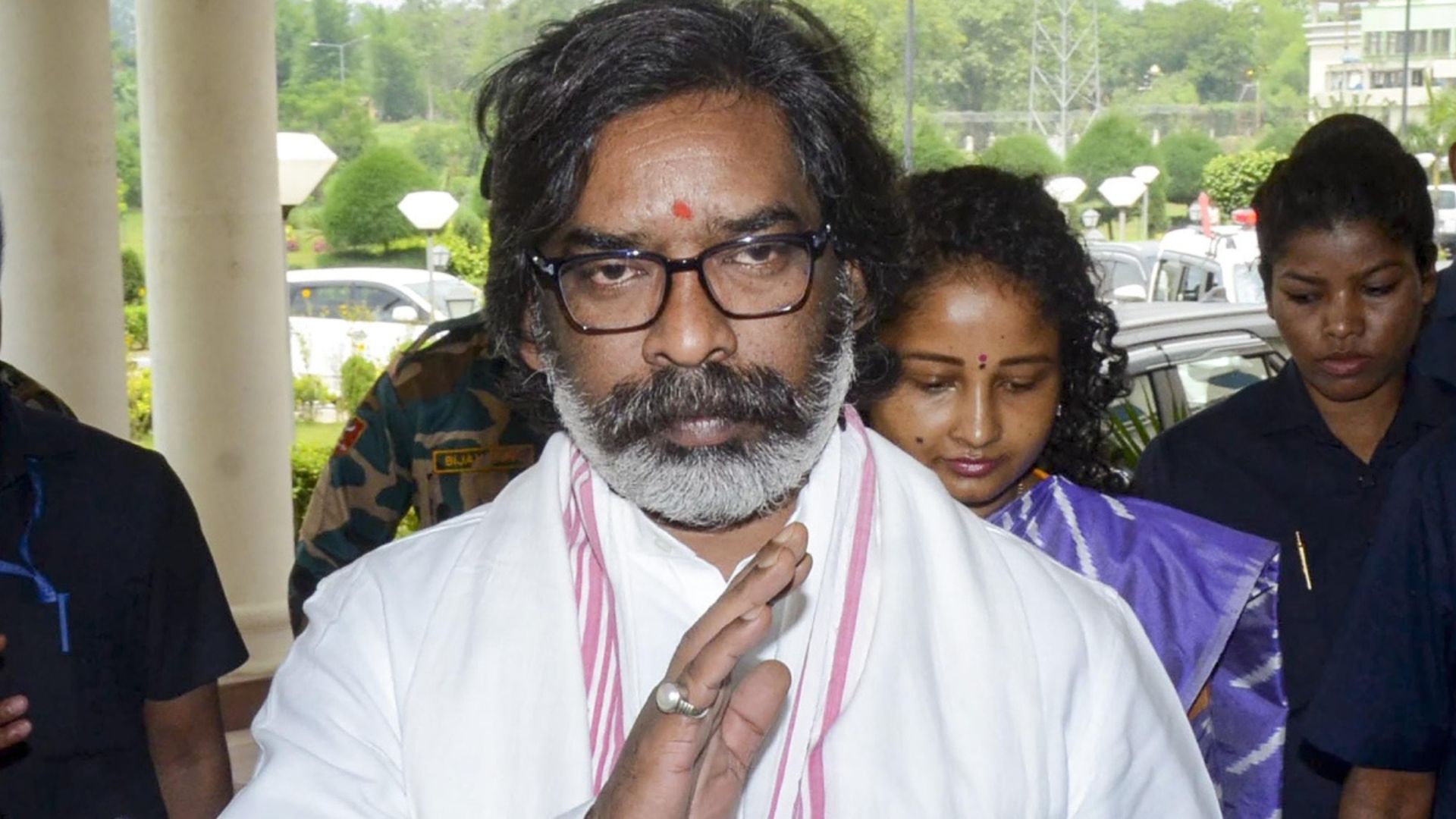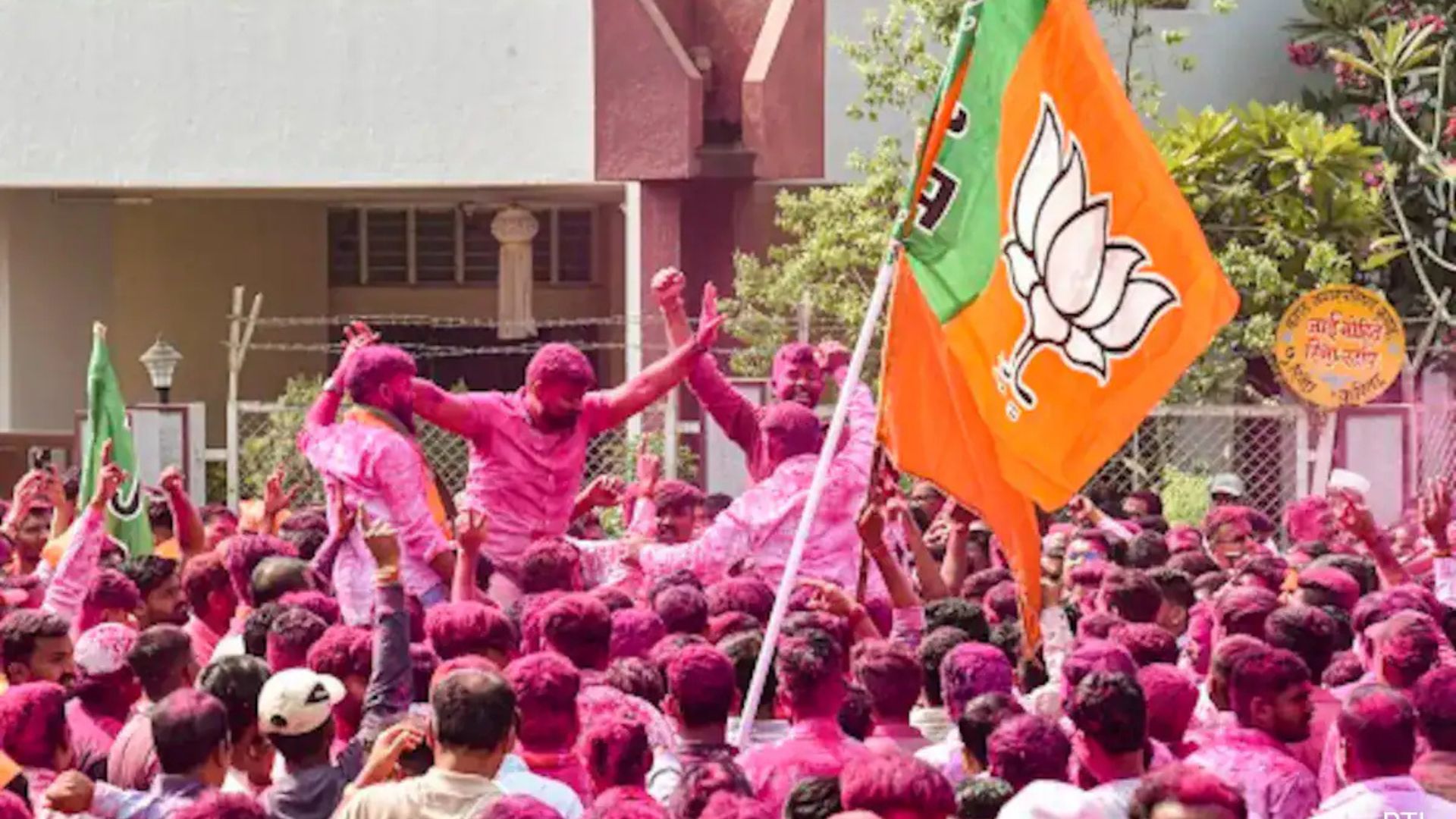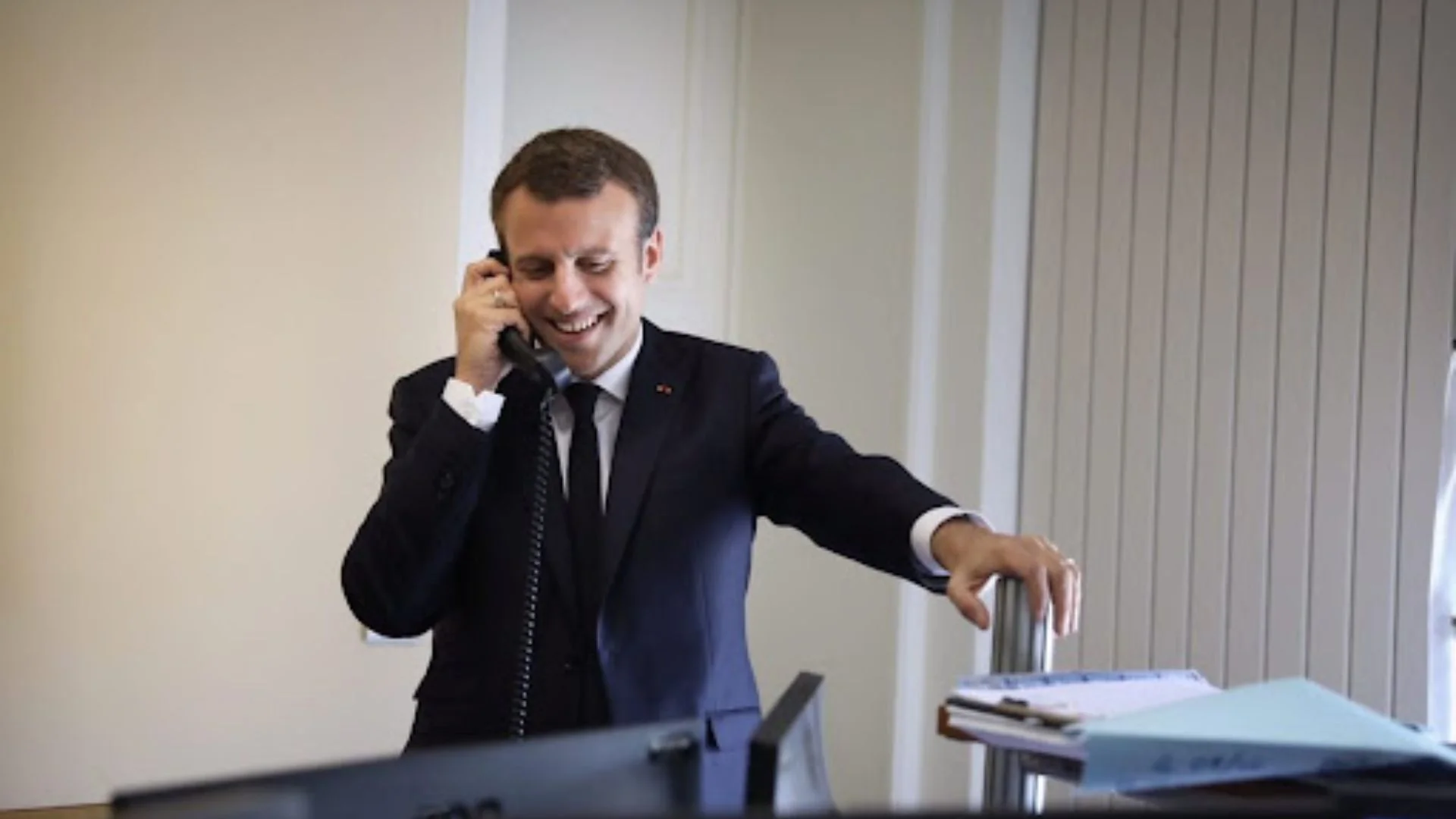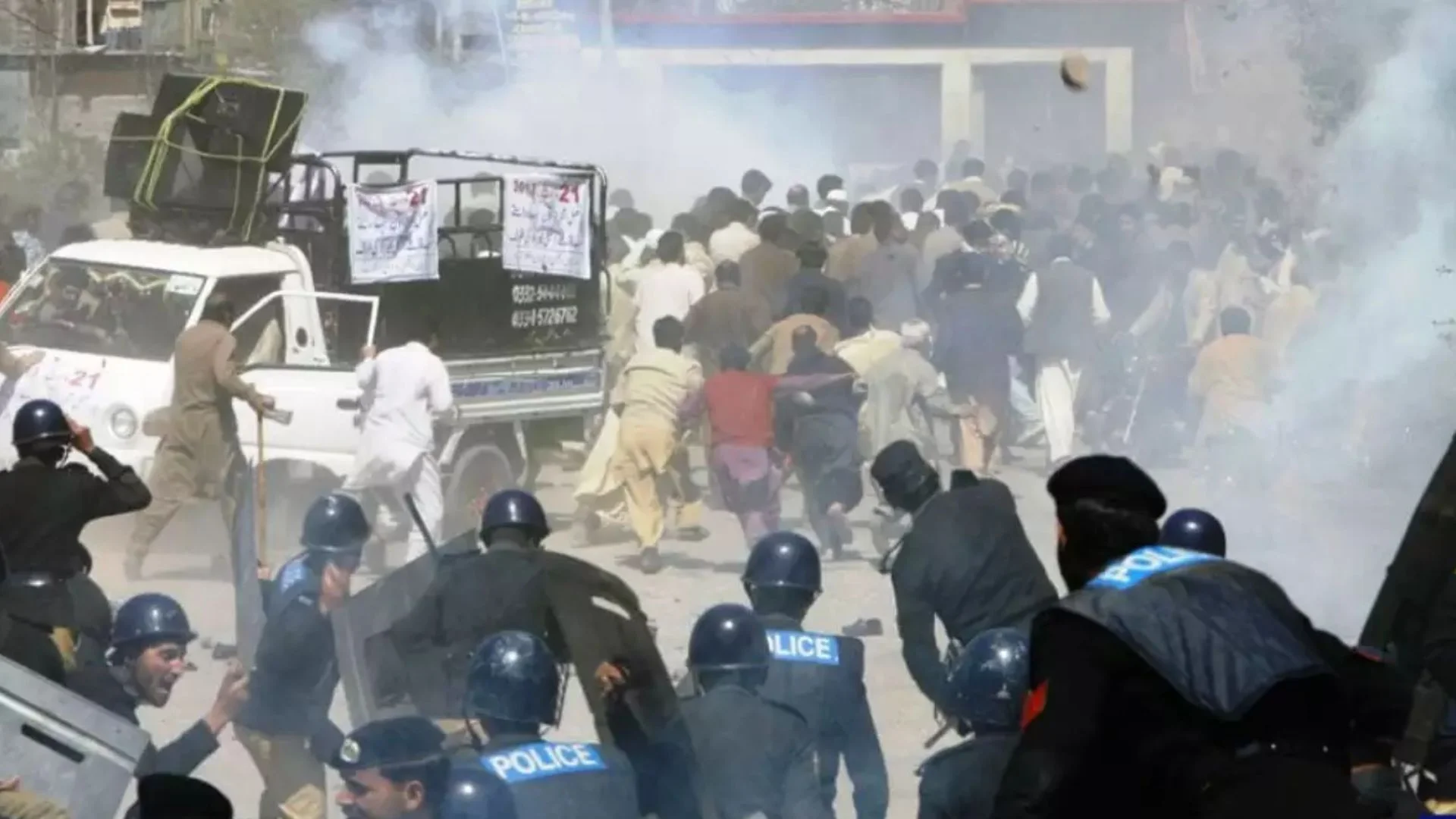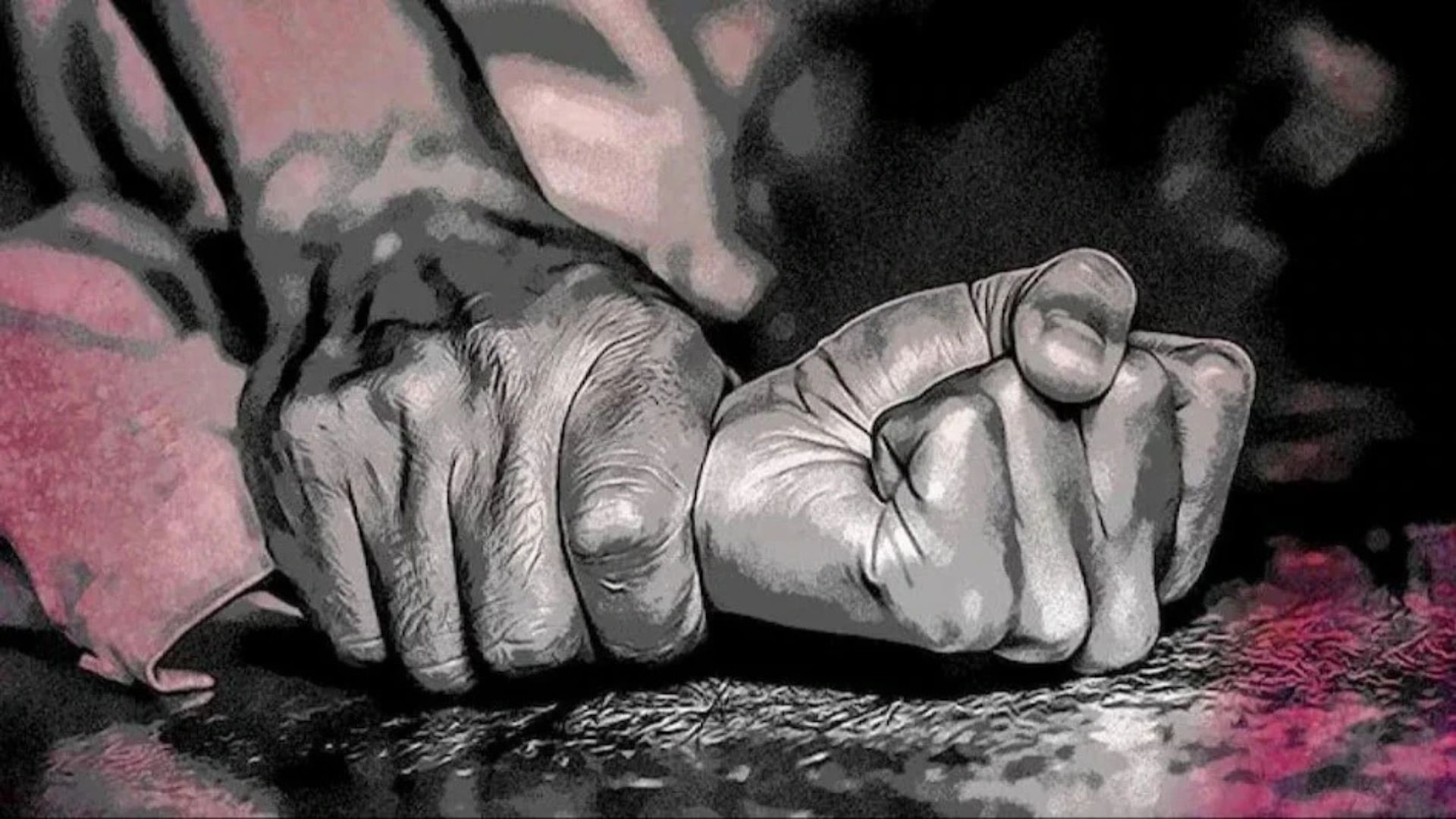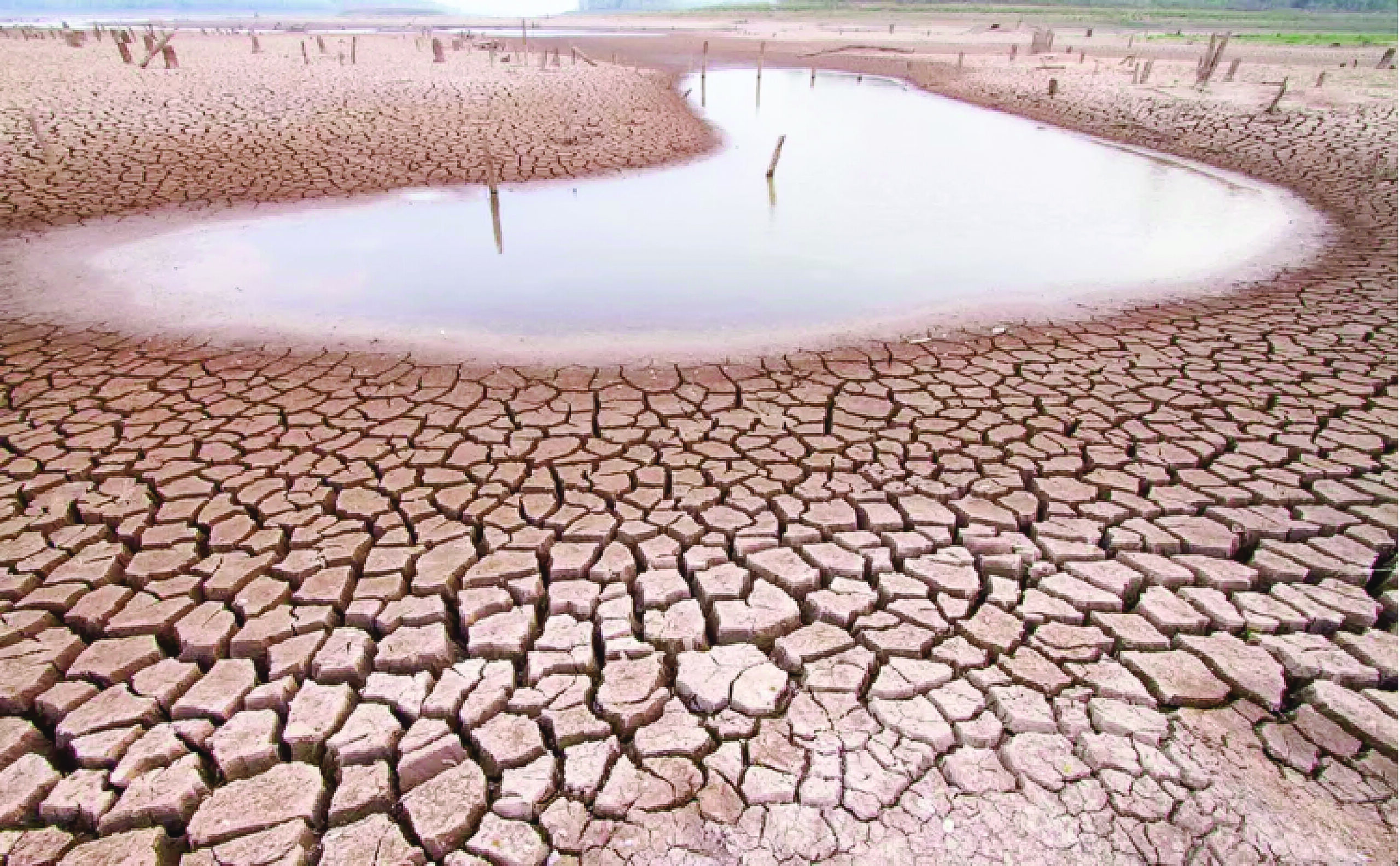
Water Crisis: Role of UAE and Israel.
The scarcity of water is the only issue capable of triggering civil wars world-wide. We are witnessing its trailers.
As India is reeling under the negative impact of water scarcity on agricultural production, collaboration to invent solutions that support a much more stable food supply chain remains indispensable. The UAE, Israel, and India will successfully assuage the impact of water scarcity and enhance food security outcomes to their mutual benefit by merging water conservation measures with agricultural policies and activities.
Horrifyingly, this incubus is likely to grow ever more arduous in the time of climate change. The Intergovernmental Panel on Climate Change predicts that the increase in global warming by 2 degrees Celsius may effectuate increased water scarcity to a further 800 million to three billion people. The magnitude of this threat accentuate the urgency for collaborative efforts to secure a sustainable future for all.
WATER SCARCITY has loomed as a threat with universal repercussions for decades. The entire world is grappling with an issue that menaces international security, effectuates humanitarian crises, social tumult, and even civil wars.
Israeli engineers discovered that they should not only conserve available freshwater but also utilise unusable water sources such as treated municipal wastewater and stormwater.
Greatly diminishing the disparity between consumer demand and available water, Israel began conveying treated, recycled wastewater through its National Water Carrier to farms in 1985. Wastewater from our sinks, showers and toilets does not hinge upon climate fluctuations, but rather on living standards and population growth. Leading the world in wastewater utilisation, Israel innovatively treated and recycled 86% of its wastewater for agricultural activities by 2015. Recycled wastewater is purified to make it near potable before reaching crops to prevent contamination through Israel’s tertiary treatment processes. The objective is to purify 95% of wastewater for agriculture by 2025, leaving that much more fresh potable water for the nationals that require it.
Purifying roughly 470,000 cubic meters of raw sewage daily, the Shafdan treatment plant furnishes about 140 million cubic meters (MCM) of purified, reclaimed water to Negev desert farms for irrigation annually. More than 60% of water in the Negev farms is conveyed by Shafdan alone. 230 reservoirs add upwards of 260 MCM of treated wastewater to Israel’s water economy annually. Israel is a world leader in drip irrigation, a method of watering plants by delivering water directly to roots. It minimizes evaporation and run off.
The drip irrigation saves billions of liters of water of Israel annually.
The UAE has borne the brunt of water scarcity. The UAE and Israel have not only prioritized effective water management, but also utilized a range of cutting-edge technologies that maximize the use of this indispensable non-renewable resource.
The UAE’S and Israel’s allegiance to the judicious administration of water resources is not just restricted to a few countries. The UAE endeavoured to place the issue of water scarcity at the forefront of policy debates during the UAE’S hosting of COP28. Prioritizing water in the Glasgow-Sharm el-Sheikh work programme on the Global Goal of Adaptation (GGA), the UAE government exhorted nations to expedite actions for water conservation. The focus of the Water Action Event at COP28 was to aid the world to develop coherent national policies that integrate water planning, particularly in agriculture, for transmuting climate outcomes. Key announcements, new partnerships, and financial commitments dedicated to mitigating global water paucity and food security were the takeaways from COP28’s Food, Agriculture, and Water Day. The magnitude of the situation, underscoring the need for global collaboration and increased investment to take the menace head-on decisively was emphasized by the UAE’s release of the discussion paper ‘Ripple Effect Water Scarcity – The Hidden Threat to Global Security and Prosperity’.
The UAE’S commitment to foster actionable strategies to support countries grappling with this issue is exemplified by the UAE’s recent investment of $150 million in innovative solutions through the XPrize Water Scarcity competition. This transformative initiative seeks to ensure universal access to clean water by harnessing technological innovation.
The menace of water paucity is not recognized by the UAE alone. India also has been bearing the brunt of this unique challenge posed by this issue for decades. The World Bank opines that the country is left with only four per cent of global water resources, despite India’s comprising 18 per cent of the world’s population. India has taken commendable steps over the years to assuage this current and future menace.
Our three countries must collaborate much more closely to come to grips with these challenges and bolster our interests to assuage issues relating to water paucity. The UAE, Israel and India have the scientific expertise and resources to ameliorate innovative solutions that guarantee a water secure future.
India , Israel, and the UAE can guarantee that water issue does become a stimulant for social integrity and shared affluence, rather than an impetus for civil wars.
Dr. Ravi Prakash Tiwari is the author of ‘Pun is Fun’.
